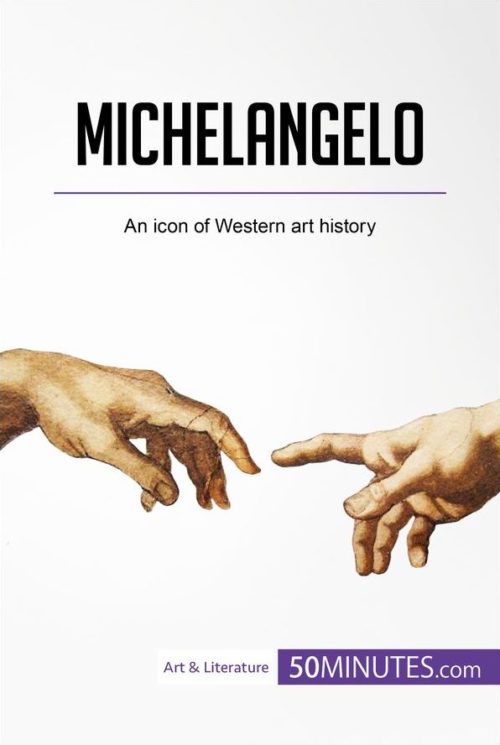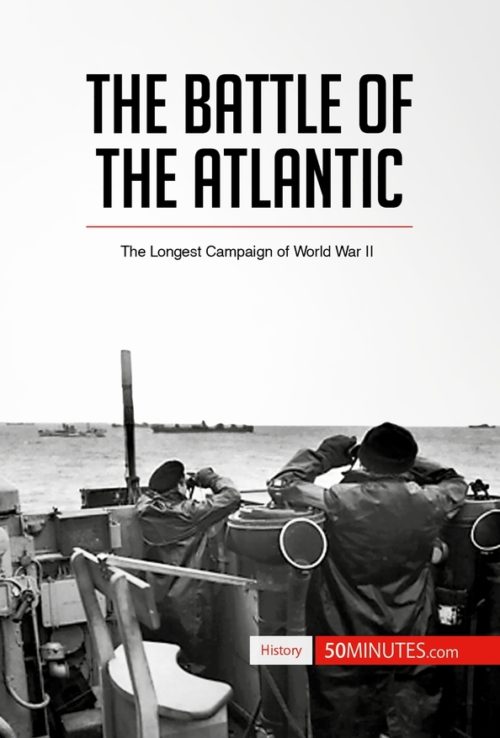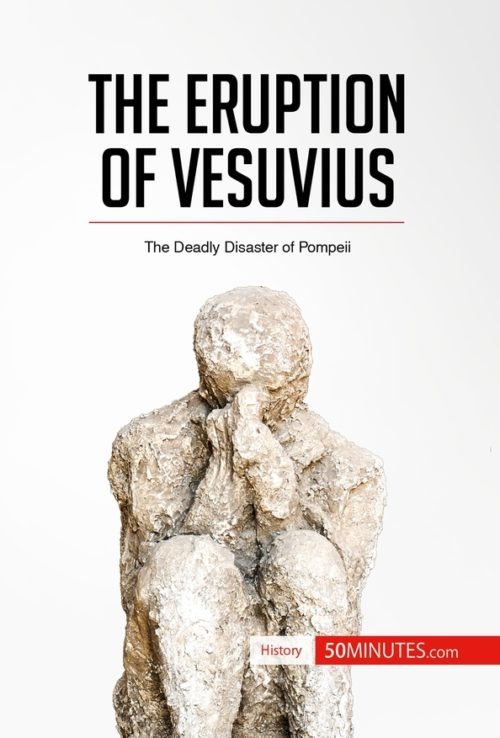Amerigo Vespucci was a pioneering navigator and popular chronicler, as well as the man who gave the American continent its name. He explored a long stretch of the South American coastline, and was the first person to realize that this part of the world was not an unknown region of Asia, but a completely separate continent. In particular, he discovered...
Read more
-
In 1492, three ships captained by the Genoese explorer Christopher Columbus arrived in the New World. Although the Viking explorer Leif Eriksson had first discovered the Americas almost 500 years earlier, Columbus and his men were the first to establish sustained contact with the continent's indigenous populations. While his expedition brought immense wealth to the Spanish Crown and made it...
Read more -
Francisco Goya lived and worked in Spain during the 18th and early 19th centuries, and produced some of the country’s most important artistic masterpieces. As part of his work as court painter for the Spanish Crown, he produced a number of fine portraits, while his personal works tend to focus on darker themes and social criticism. In just 50 minutes,...
Read more -
Leonardo da Vinci was an Italian polymath who was active during the Renaissance of the 15th and 16th centuries. In addition to his masterful work as a painter he was also a prolific inventor and researcher, and made many important discoveries in the fields of anatomy, botany and engineering, among others. In just 50 minutes, you will find out how da...
Read more -
With his awe-inspiring talent across a range of artistic disciplines and insatiable curiosity, Michelangelo was one of the most important figures of the Italian Renaissance. The vast scale of his works, as well as his skilful use of proportion and exceptional understanding of anatomy, give his paintings and sculptures a dynamism and sense of emotion that has rarely been matched. In...
Read more -
The Battle of the Atlantic was the longest campaign of the Second World War, and mobilized extraordinary numbers of men and material on both the Allied and Axis sides. The battle was of major strategic significance: control of the seas would have allowed the Germans to bring Britain to its knees by preventing it from receiving supplies from the USA and its...
Read more -
In 79 AD, the Italian city of Pompeii was destroyed by the catastrophic eruption of Mount Vesuvius. This remains one of the largest volcanic eruptions in European history, and claimed between 10 000 and 20 000 victims. However, this tragedy has also provided archaeologists and researchers with an incredibly valuable historical source: the ash which covered Pompeii preserved organic matter that...
Read more






